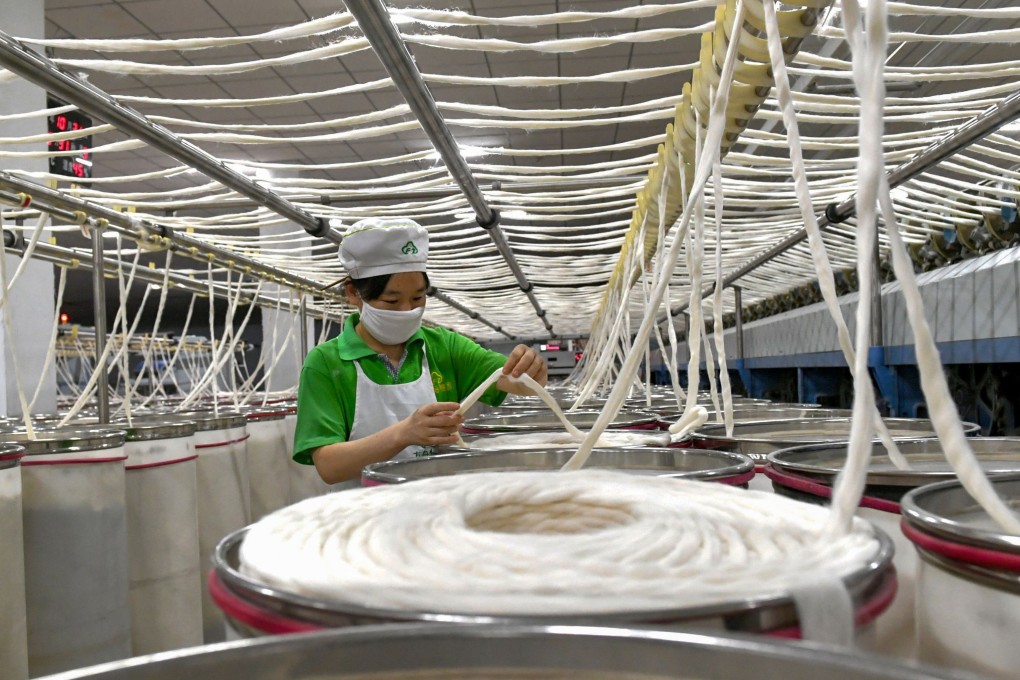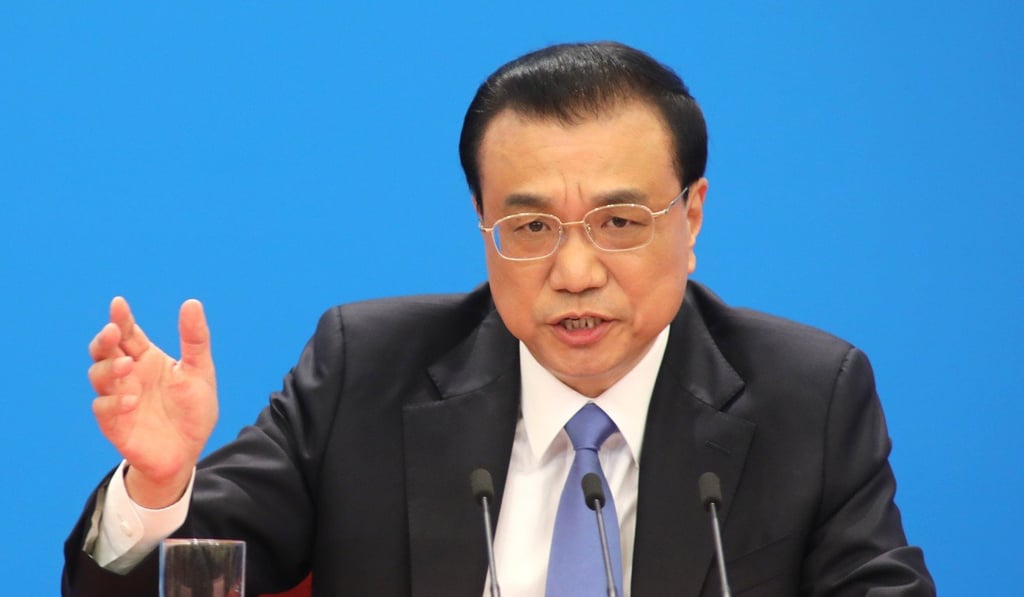Li Keqiang says it is time China to ‘turn the blade inward’ to boost jobs growth
- Premier promises 11 million new jobs as Beijing tries to ensure social stability
- Tax cuts and reduced red tape planned to help private firms

China has pledged to create more than 11 million new jobs this year – equivalent to the population of Belgium and more than that of Hong Kong – as it tries to ensure social stability amid an economic slowdown and rising tensions with foreign countries.
Wrapping up the annual legislative sessions on Friday, Premier Li Keqiang said Beijing was aware of the downward pressure from the economy, with GDP growth slowing to 6.6 per cent last year – its weakest pace since 1990.
But he ruled out any significant quantitative easing measures to flood the economy with money as Beijing did a decade ago, saying the slowdown would be countered this time by reducing taxes to help private companies – especially small and medium-sized ones – and cutting red tape.
“Large-scale tax and fee reduction means we will be touching the government’s own interest, cutting into our own flesh,” Li said during his annual press conference after the National People’s Congress meetings finished in Beijing.
Li said governments at all levels would have to make bold and courageous sacrifices, “turning the blade inward” and “cutting our own wrists” so that China could carry out the measures.
